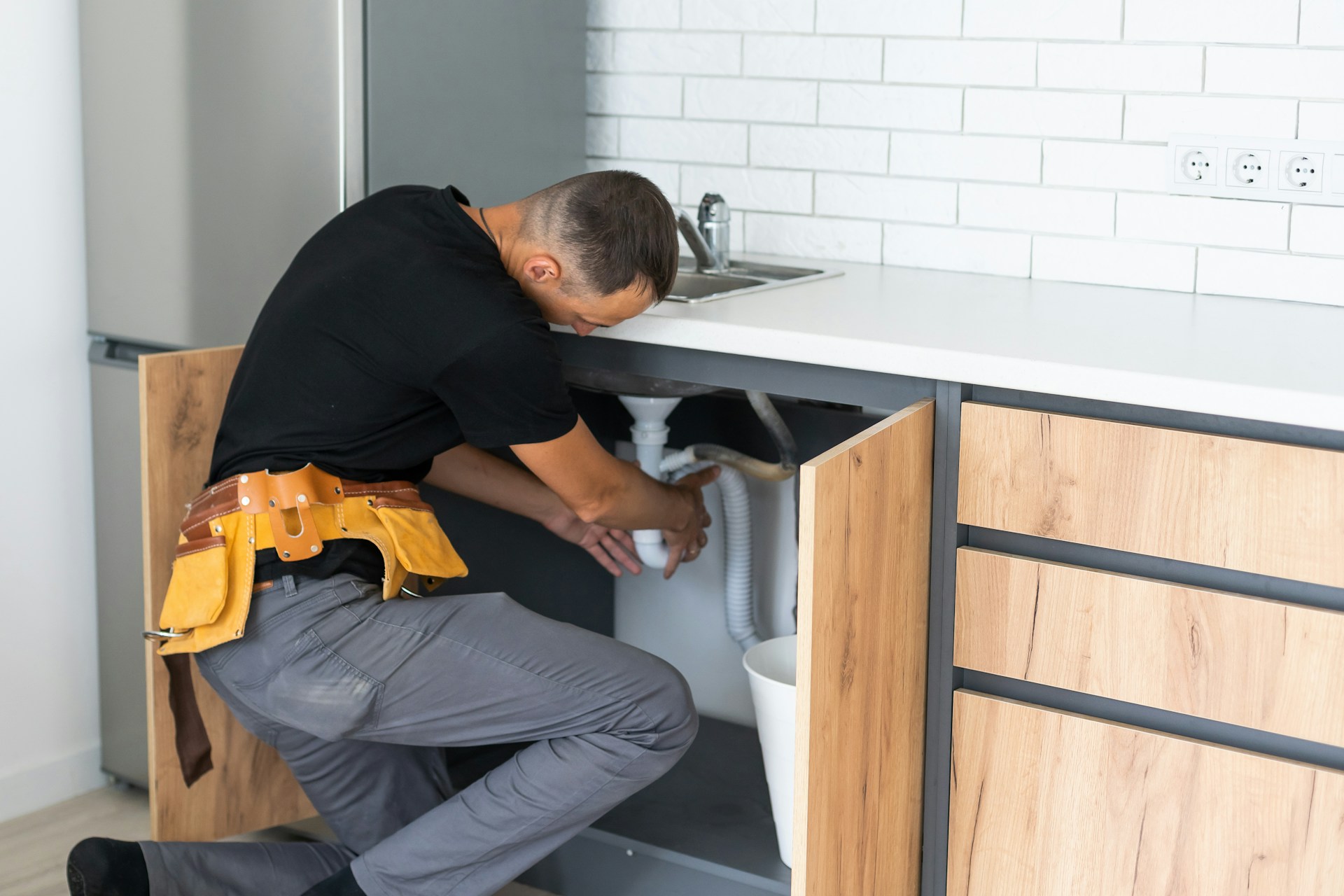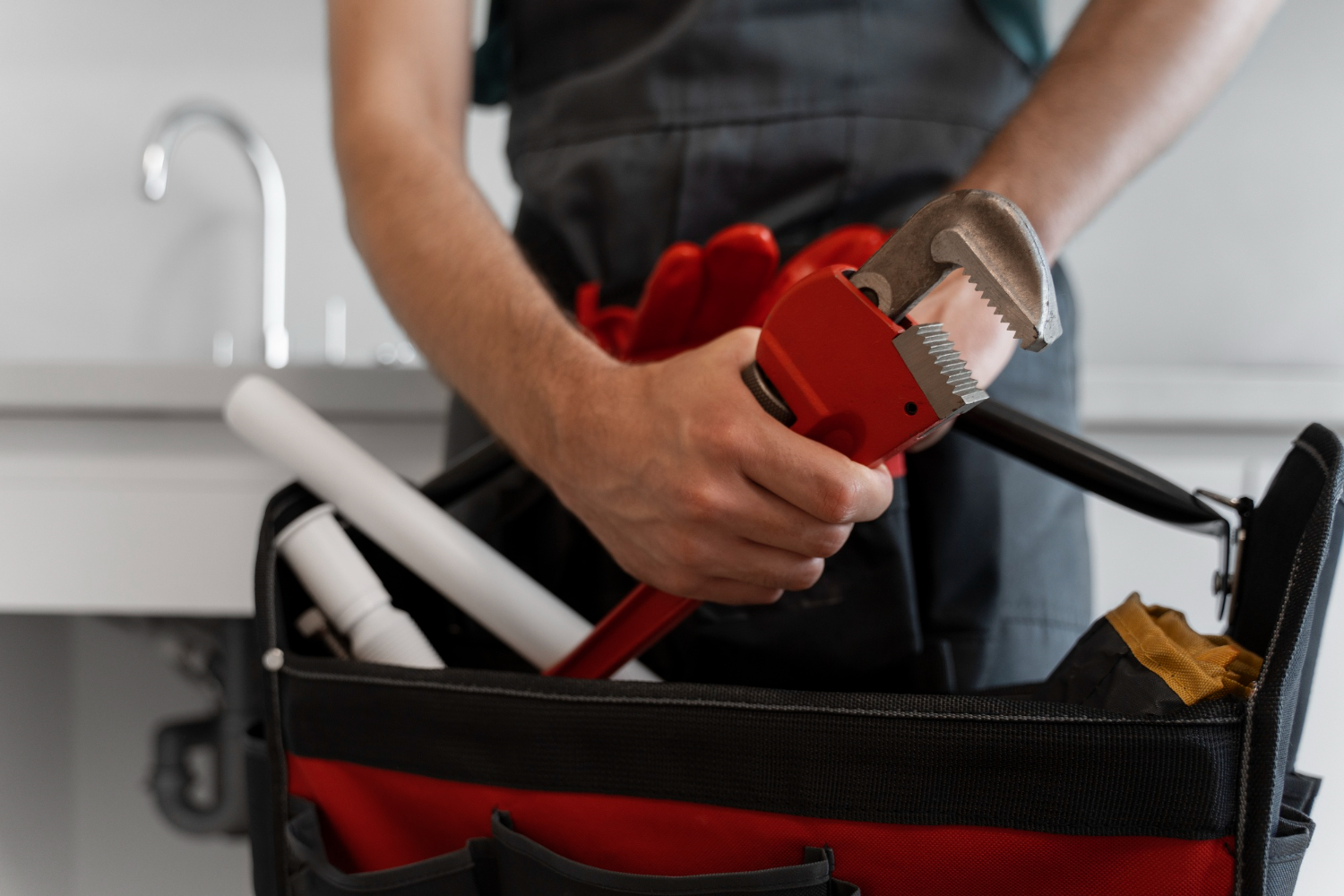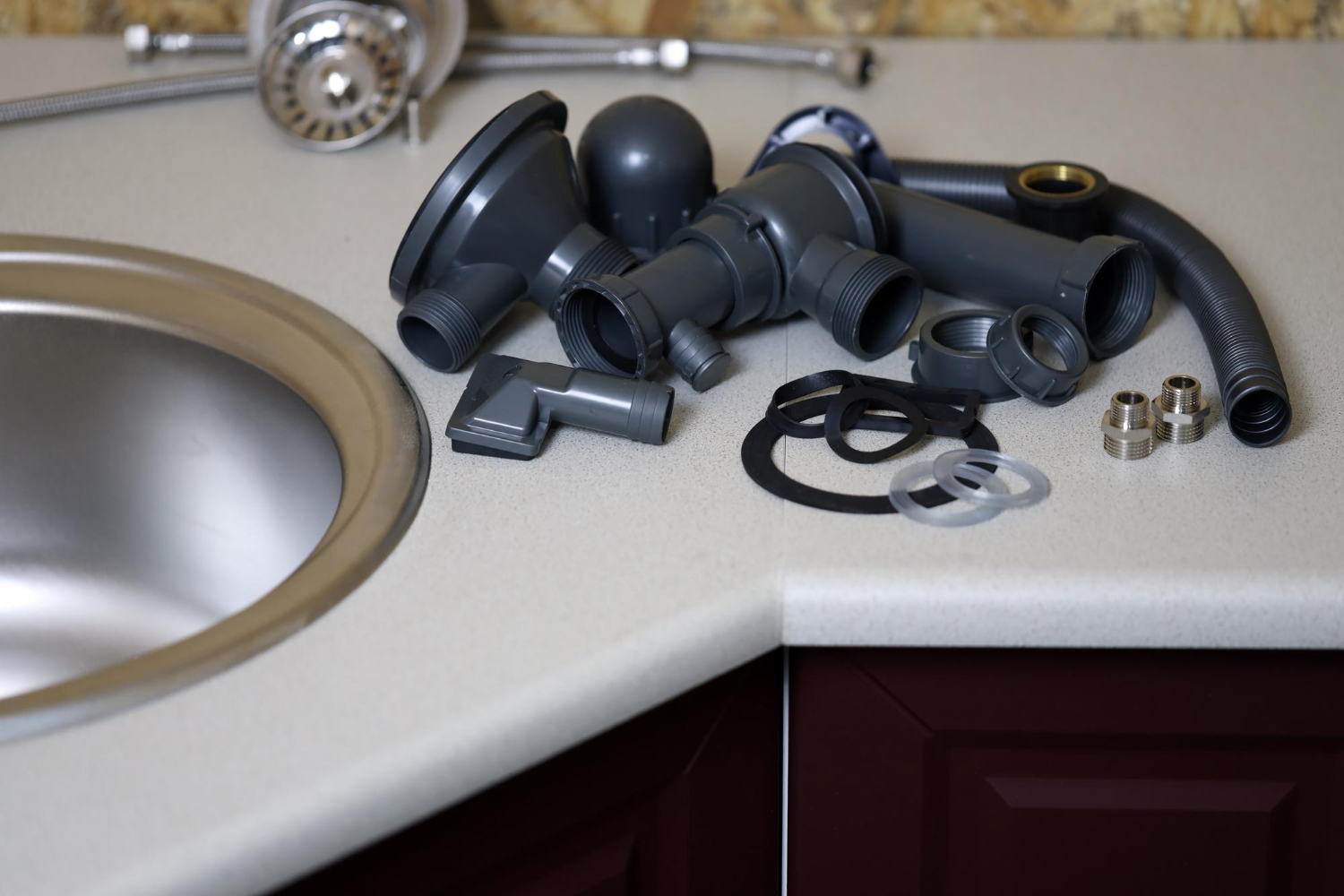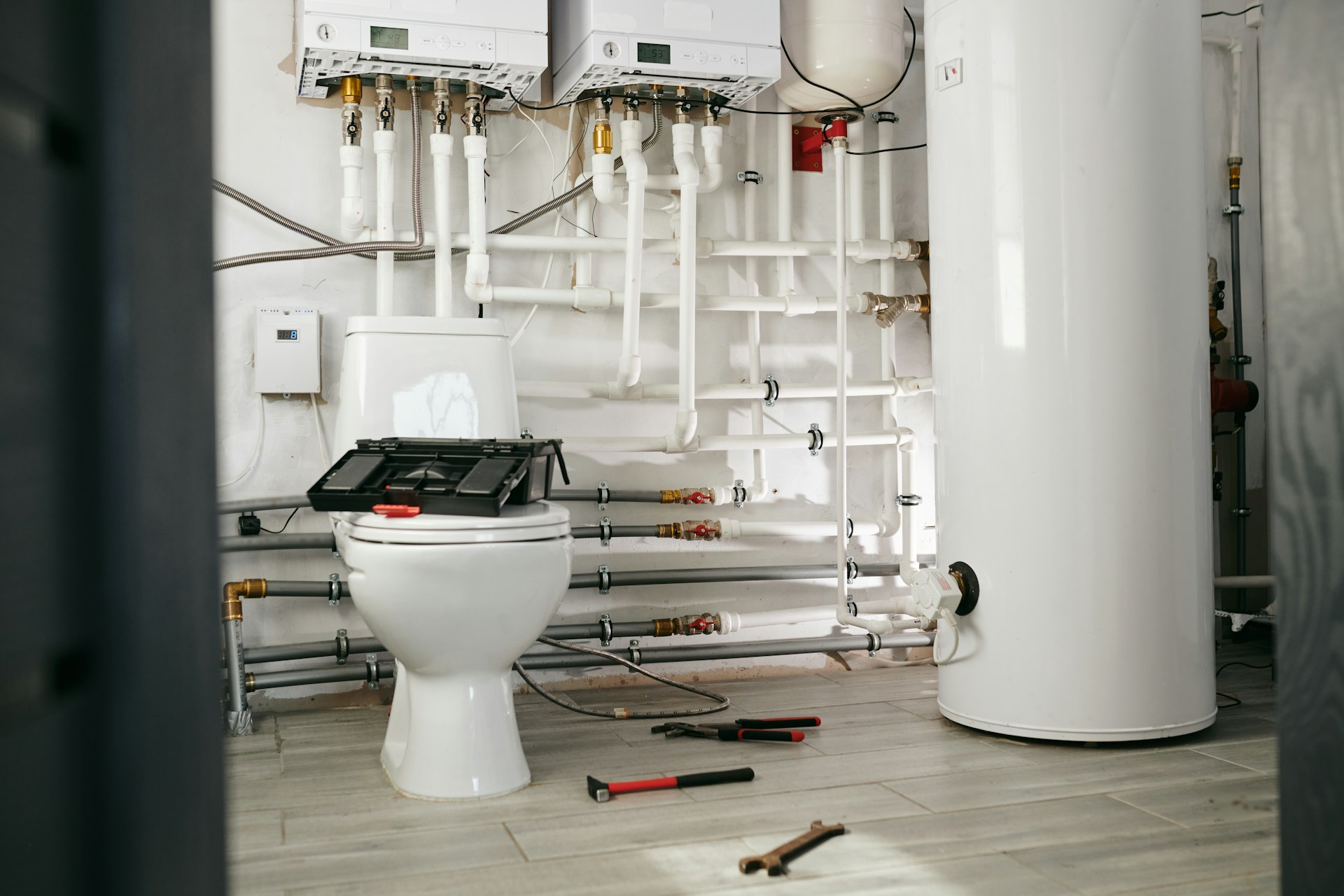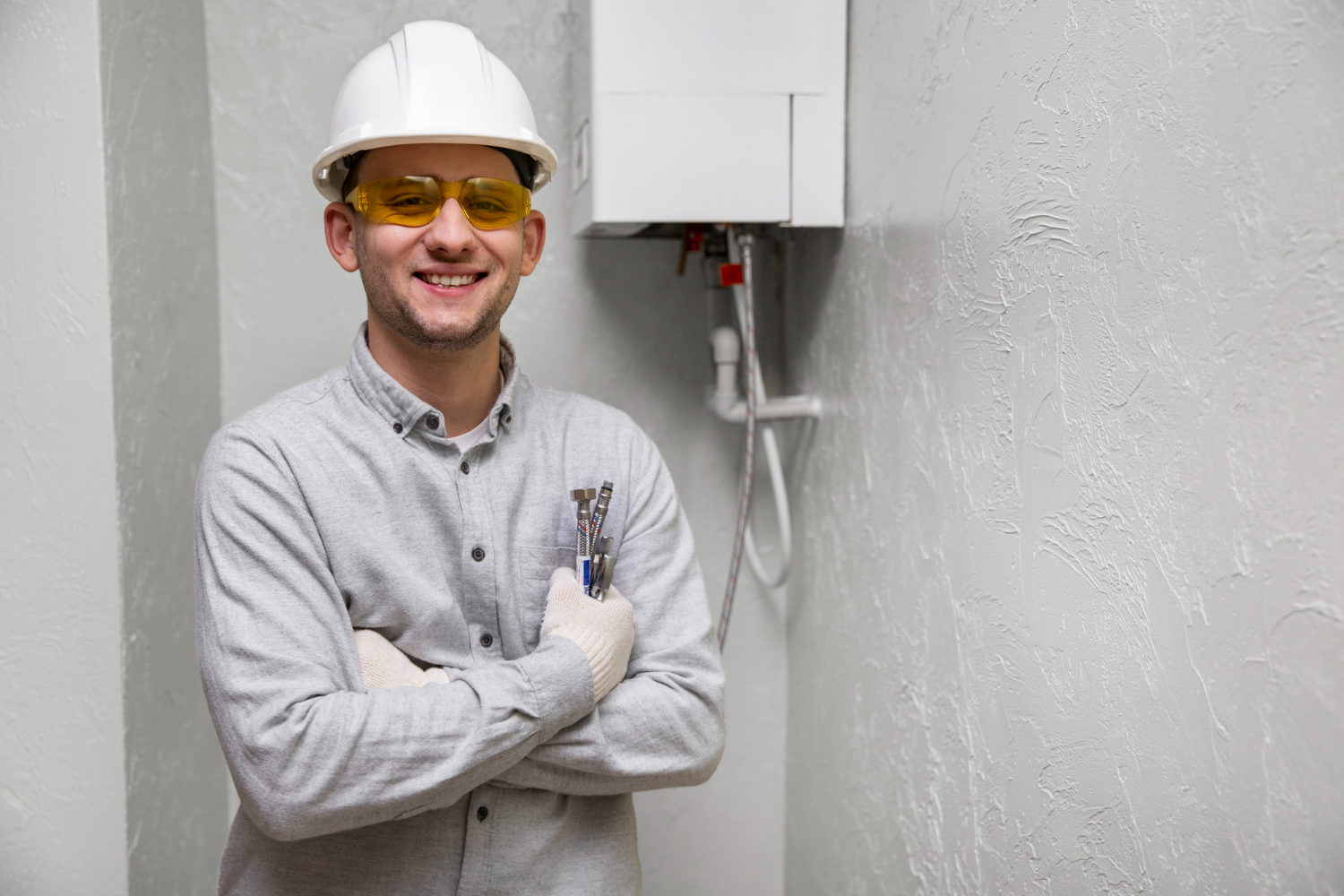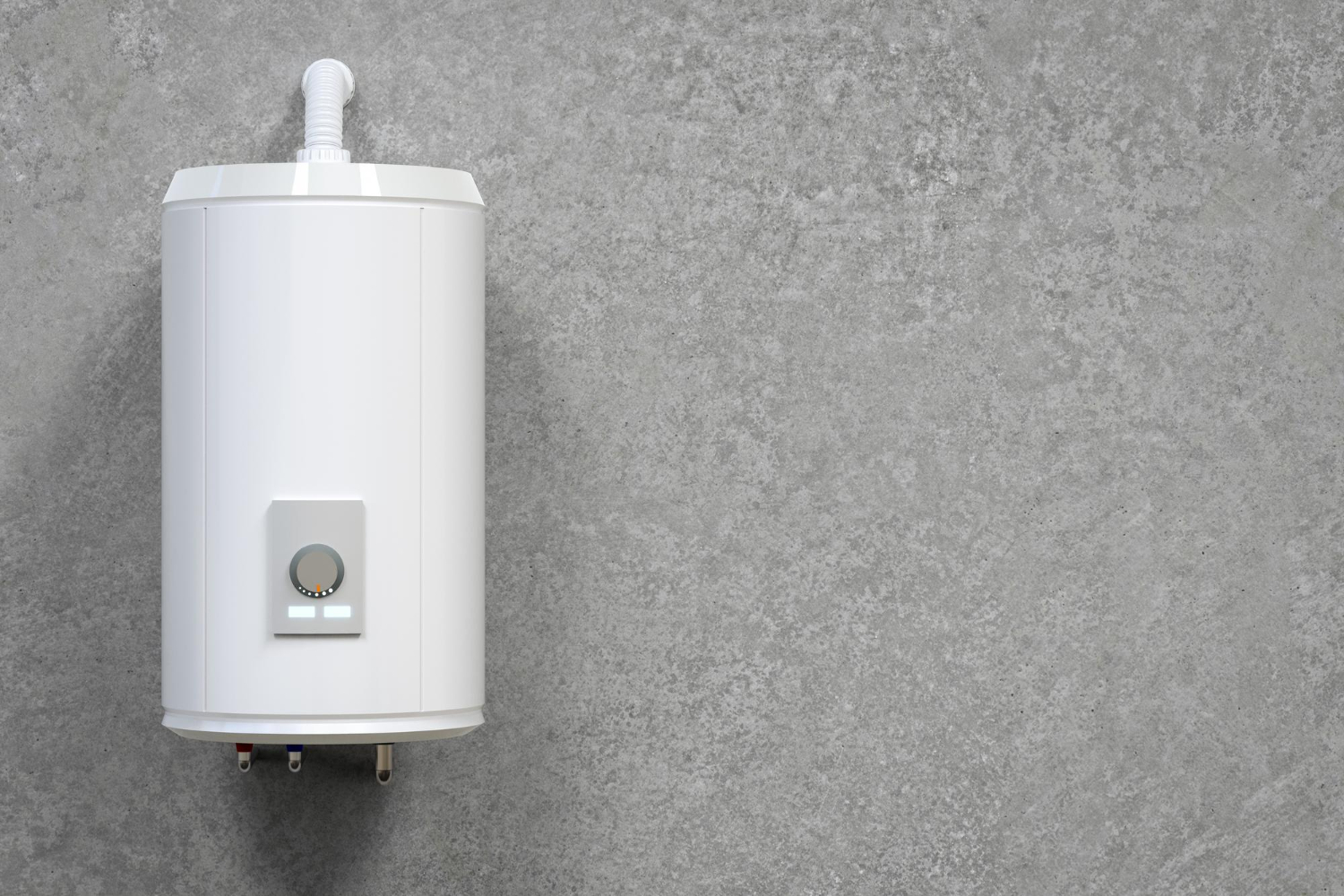Investing in a new home is a significant milestone, and protecting that investment is a top priority for homeowners. One crucial aspect often overlooked is the importance of maintaining a clean and functional drainage system. Regular drain cleaning is essential to prevent clogs, slow drains, and potential long-term damage that could impact your home.
Importance of Regular Drain Cleaning for New Homeowners
Regular drain cleaning is vital for maintaining the health and functionality of your new home’s plumbing system. Without proper maintenance, drains can become clogged with debris like hair, grease, and soap scum. These blockages can cause slow drainage, unpleasant odors, and even sewage backups, which can lead to significant damage and costly repairs.
Clean drains ensure that water flows smoothly through your pipes, reducing the risk of clogs and backups. Regular maintenance also helps to identify potential issues before they become major problems. Our professionals use advanced techniques and equipment to thoroughly clean drains, removing buildup and preventing future clogs. This proactive approach protects your investment and keeps your plumbing system in optimal condition.
In new constructions, maintaining clean drains is especially important because initial construction debris can accumulate in the plumbing system. Addressing these issues early on ensures that your new home’s drains function correctly from the start. Regular drain cleaning contributes to a healthy, efficient, and problem-free plumbing system, providing peace of mind and protecting your new home investment.
Key Signs That Your Drains Need Cleaning
Knowing when to schedule drain cleaning can prevent minor issues from turning into major problems. Here are some key signs that indicate your drains need attention:
Slow Draining: If water takes longer than usual to drain from your sinks, tubs, or showers, it signifies a potential clog. Slow draining is often the first sign of a blockage forming in your pipes.
Unpleasant Odors: Foul smells coming from your drains are a red flag. These odors may indicate the presence of trapped debris or the beginning of a sewage backup.
Frequent Clogs: Regular clogs in your sinks, toilets, or tubs suggest a deeper issue within your plumbing system. Multiple or recurring clogs require professional cleaning to address the root cause.
Gurgling Sounds: Unusual noises like gurgling or bubbling in your drains while using your plumbing system indicate trapped air in the pipes. This typically results from a clog and should be inspected promptly.
Water Backups: The most severe sign is water backing up into your sinks, tubs, or toilets. This indicates a significant blockage or even damage to your plumbing system, requiring immediate professional intervention.
Overflows and Slow Toilets: Toilets that frequently overflow or drain slowly can indicate blockages in the sewer line. Addressing these issues early can prevent more serious damage and costly repairs.
By keeping an eye out for these signs, you can take timely action and schedule drain cleaning with our licensed plumbers. Addressing drain issues promptly ensures the continued efficiency and reliability of your plumbing system, protecting your new home’s value.
Common Drain Issues in New Homes and Prevention Tips
New homes, despite their modern design, can still face several common drain issues. Addressing these problems early ensures that your drainage system remains efficient and problem-free.
Debris from Construction: New homes often have leftover construction materials like mortar, small tools, and other debris that can end up in the drains. These materials can cause clogs if not removed. It’s important to have the drains professionally cleaned to eliminate any construction-related blockages.
Improper Slope: The slope of the drainage pipes is crucial for effective water flow. Pipes that are not properly sloped can cause slow drainage and recurring clogs. Ensure that a licensed plumber assesses and corrects any slope issues during the initial stages of your plumbing installation.
Tree Root Intrusion: Even in new neighborhoods, tree roots can invade drainage pipes, causing blockages and potential damage. Regular inspections and cleaning can detect root intrusion early. If roots are found, our professionals can use specialized equipment to remove them and prevent future occurrences.
Kitchen and Bathroom Waste: Food particles, grease, hair, and soap scum can accumulate in your drains over time. Practices like using drain covers and avoiding pouring grease down the sink can help, but regular cleaning is necessary to maintain clear drains.
By understanding these common issues and implementing preventive measures, you can ensure that your new home’s drains remain in excellent condition. Regular maintenance and professional assessments are key to preventing and solving these problems before they escalate.
How to Choose the Best Local Plumbers for Drain Cleaning
Finding the best local plumbers to handle your drain cleaning needs requires careful consideration. Here are some steps to ensure you choose the right professionals for your home:
Check for Licensing and Insurance: Always ensure that the plumbers you consider are licensed and insured. This guarantees they have the necessary training and protect you against liabilities during the service.
Look for Experience: Opt for plumbers who have extensive experience in drain cleaning and other plumbing services. Experienced professionals are more likely to handle complex issues efficiently.
Read Reviews and Testimonials: Customer reviews and testimonials can provide insight into the quality of service offered by the plumbers. Look for consistent positive feedback regarding their punctuality, professionalism, and effectiveness.
Ask for References: A reputable plumbing service should be able to provide references from previous clients. Speaking directly with past customers can help you gauge their satisfaction with the work performed.
Range of Services: Choose a plumbing service that offers a comprehensive range of services, such as drain cleaning near Tomball, sink garbage disposal repair in Tomball, and other related plumbing tasks. This ensures that all your plumbing needs can be met by a single, trusted provider.
Transparent Pricing: Ensure the plumbing service provides clear and upfront pricing. A written estimate helps you understand the costs involved and avoid unexpected expenses.
By following these steps, you can find the best plumbers near Tomball who are reliable, skilled, and capable of maintaining your new home’s plumbing system.
Conclusion
Maintaining your new home’s plumbing system through regular drain cleaning is a critical aspect of protecting your investment. Identifying common drain issues early, such as construction debris, improper pipe slope, and tree root intrusion, can prevent major problems down the line. By implementing preventive measures and scheduling routine cleanings, you ensure a smooth and efficient drainage system.
Choosing the right local plumbers is equally important. Look for licensed and experienced professionals with positive customer reviews and a broad range of services. Our team at Tradition Services is dedicated to providing top-notch plumbing solutions tailored to meet the specific needs of new homeowners.
Don’t wait for small issues to become costly problems. Contact us today to schedule your drain cleaning near Tomball and ensure your new home’s plumbing system remains in pristine condition. Trust our professionals to safeguard your investment with expert care and reliable service.


